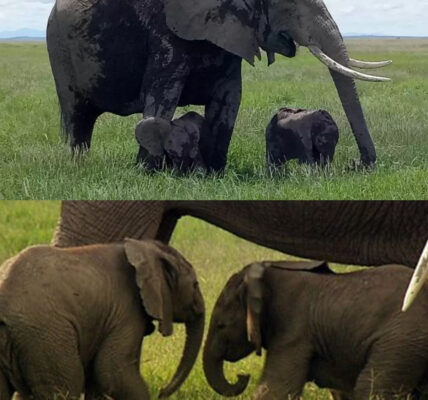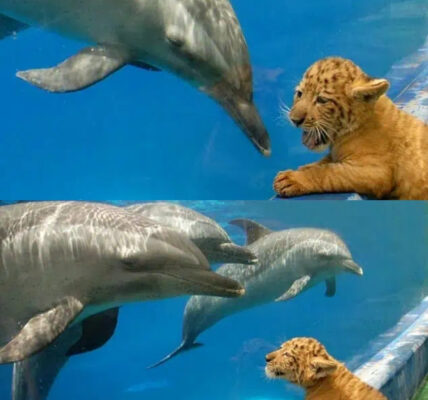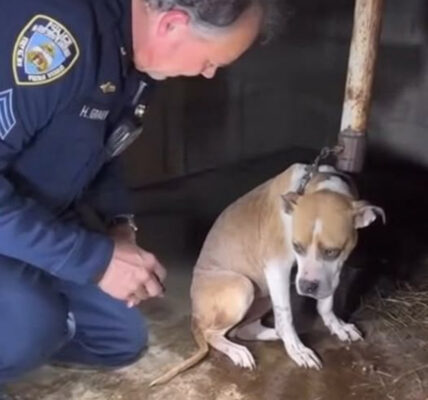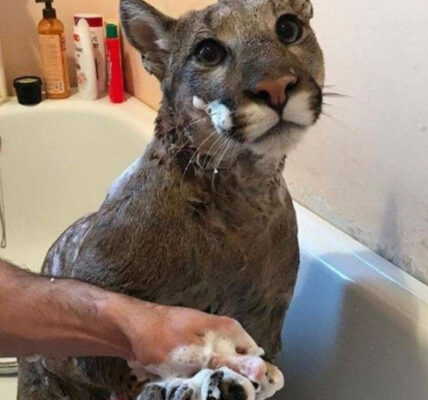
Most eighteen-year-olds don’t think twice about what they wear to the hospital. A hoodie, maybe some jeans, or whatever they pulled out of the laundry basket that morning usually does the trick. But for Grant, an 18-year-old from Ohio, this wasn’t just any hospital visit. This was a day that would mark the beginning of a new chapter in his family’s life—the day he would meet his very first niece.
Grant’s sister, Olivia, had just given birth to a beautiful baby girl named Carter. The family was buzzing with excitement. His other sister, Iris, was already waiting at the hospital, eager for her first glimpse of the tiny new addition. But no one was quite prepared for Grant’s entrance.
When he walked into the hospital room, he wasn’t in sneakers or a T-shirt. He was dressed in a full suit, complete with a tie and tie clip, polished shoes, and the kind of care usually reserved for weddings, job interviews, or graduations. His reasoning? Simple. “First impressions matter.”
It was a gesture that melted everyone’s hearts. Iris quickly snapped a picture and shared her brother’s explanation: “My sister is about to have a baby, and my brother showed up to the hospital in a suit because first impressions matter.”
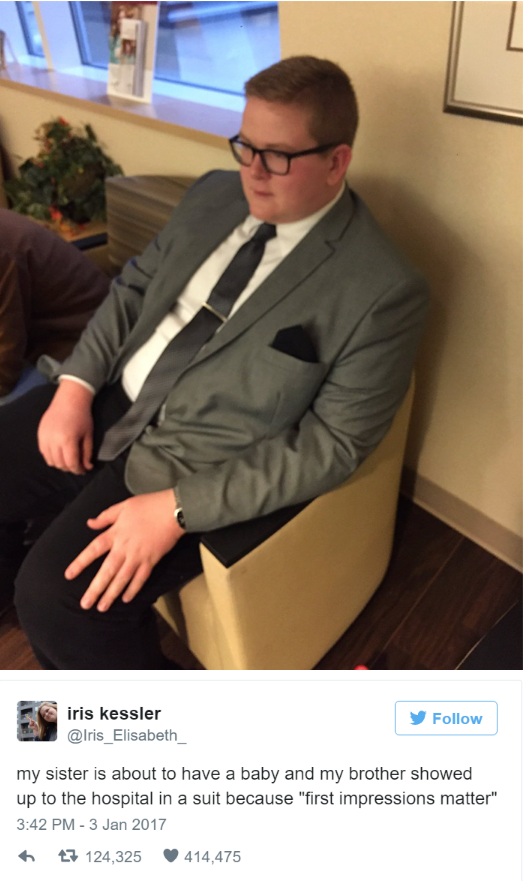
But it wasn’t just about clothes. It was about what they represented. Grant’s mother, Karen Kessler, explained it best: “Grant was extraordinarily excited, proud, and protective regarding the birth of his first niece. His dressing up was both a show of respect and a way to honor her arrival.”
In that moment, Grant set the tone for what kind of uncle he intended to be. His suit wasn’t just fabric—it was a promise. A promise that Carter’s life would always be important, that her moments would be worth showing up for, that she would grow up surrounded not only by love but also by respect.
There’s something profoundly touching about the way Grant approached this milestone. In a world that often races past sentiment and tradition, he slowed down and chose to honor the occasion in a way that felt meaningful to him. He wanted his niece’s very first memory of her uncle—not that she could remember it, but for the photos, the stories, the legacy—to be one of dignity and love.
And what a story it will become. Years from now, when Carter looks at the photos from her birth, she’ll see her uncle standing tall beside her crib, dressed like a man ready to welcome her into the world with open arms and a heart full of pride. It won’t matter that she was too young to notice the tie clip or the polished shoes. What will matter is that she’ll grow up knowing her uncle cared enough to make an effort.

It’s easy to underestimate gestures like these, but they matter. They set examples. They ripple. Grant showed that being family isn’t just about sharing blood—it’s about showing up with intention, about making others feel valued from the very beginning.
So yes, first impressions matter. Not because Carter will remember what her uncle wore, but because his suit symbolized the seriousness of his love. For a young man barely stepping into adulthood, it was a gesture far beyond his years.
In a single act, Grant reminded his family—and anyone who hears his story—that sometimes respect, pride, and love are best shown not with grand speeches, but with quiet, thoughtful actions. Actions that say: “You are worth my best.”
And for little Carter, that is the best first impression any uncle could give.

